ICJ to hold hearings over Israel’s invasion of Rafah
The International Court of Justice (ICJ) will hold hearings to discuss new emergency measures over Israel’s invasion of the southern city of Rafah in the besieged Gaza Strip.
The tribunal said the hearings on Thursday and Friday will deal with a request to the ICJ to order more emergency measures against Israel over its attacks on Rafah.
The measures form part of an ongoing case South Africa filed at the ICJ in December 2023 accusing Israel of violating the Genocide Convention during its brutalities in the besieged Palestinian territory.
The ICJ earlier this year ordered the Israeli regime to take all measures within its power to prevent genocide in Gaza. The order by the ICJ was part of its interim ruling on the emergency measures in its genocide case against Israel.
Several countries including Egypt, Turkey and Colombia have now formally requested to join the case against Israel.
Colombia’s president has also called on the International Criminal Court (ICC) to issue an arrest warrant for the Israeli prime minister over the genocide in Gaza.
Gustavo Petro said Benjamin Netanyahu will not stop the genocide and this implies the need for an arrest warrant.
The Colombian president also called on the UN Security Council to establish a peace-keeping force in the Gaza Strip.
Iran's Foreign Ministry spokesman Nasser Kan'ani also hit out at the US over reports that American lawmakers are preparing legislation to impose sanctions against ICC officials if they issue arrest warrants against Israeli officials.
Dozens of Palestinians are killed in fresh Israeli strikes on a number of refugee camps across the besieged territory.
The regime forces on Tuesday continued to shell homes in the eastern neighborhoods of Rafah.
The UN says at least 450,000 Palestinians have been forced to leave the city due to the ongoing Israeli offensive.
The displaced Palestinians are being forced into areas of Gaza that are already devastated, including the battered southern city of Khan Younis.
“The infrastructure [in Khan Younis] is completely destroyed. There are no water, electricity nor sewage services.”
— UNRWA (@UNRWA) May 14, 2024
Displaced people fleeing #Rafah are moving back to destroyed areas that are in no way fit for them to live in. Nowhere is safe in #Gaza. pic.twitter.com/SrIFPDGlHV
The regime also kept the Rafah crossing shut for a seventh day in a row, blocking the entry of aid and the passage of the elderly and the injured.
The Israeli regime has killed over 35,100 people in Gaza since October 7. Thousands of bodies also remain under the rubble.
Australian PM rejects Netanyahu’s attempt to tie Sydney attack to Palestinian statehood
Iran, Belarus sign key agreements to boost cooperation, counter Western sanctions
Palestinian journalist recounts unsettling details of abuse in Israeli jails
VIDEO | Sydney attack: A pretext for Netanyahu to justify a new war?
Iran’s top general hails major improvements in air defense systems
Iran: Claims over Persian Gulf islands contradict ‘sovereignty, good neighborliness’
Democrats, Republicans colluding to ‘kill’ Epstein files: CIA whistleblower
VIDEO | Press TV's news headlines


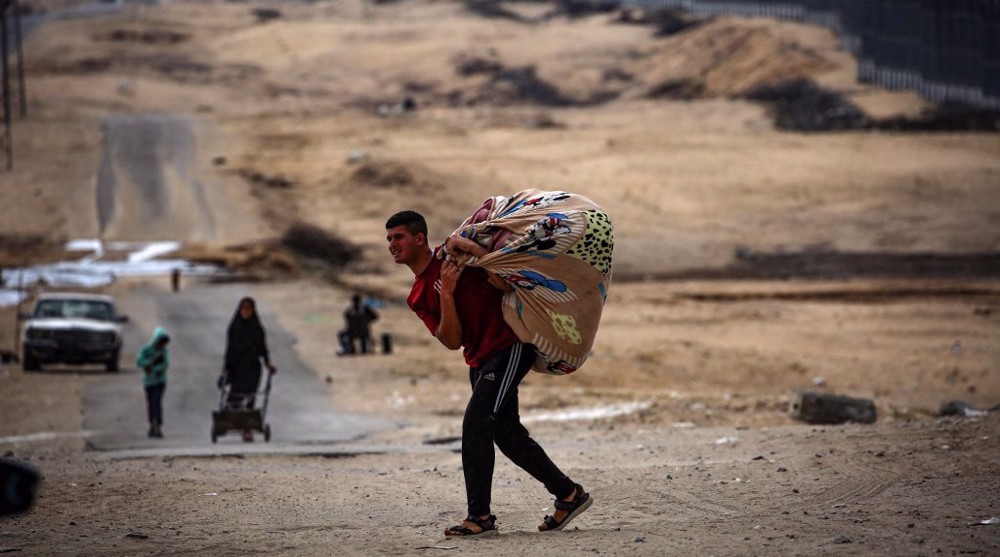
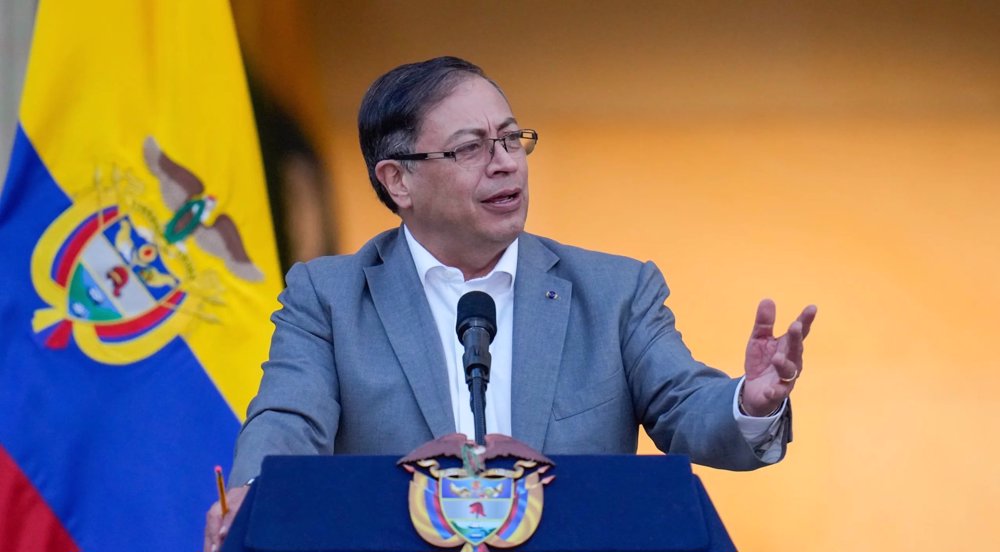
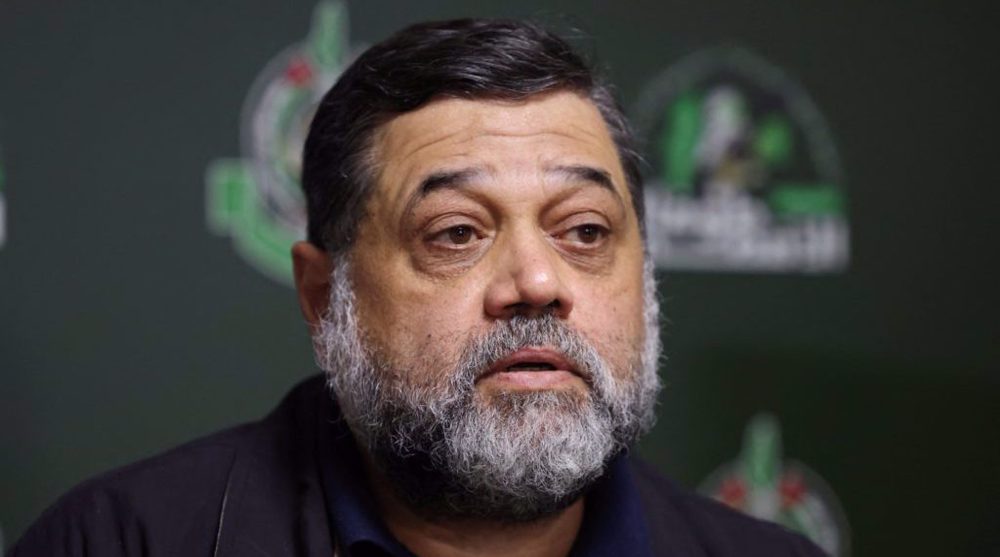
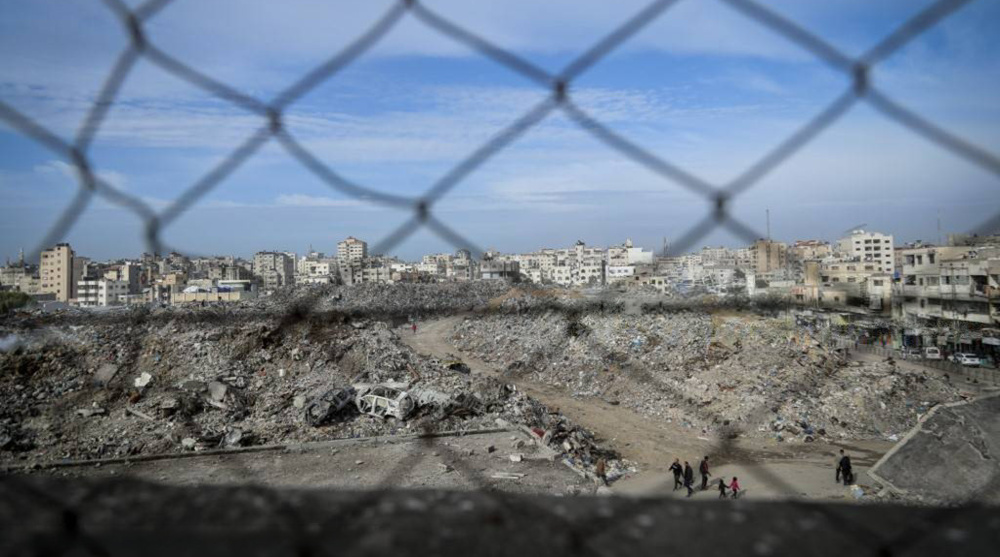




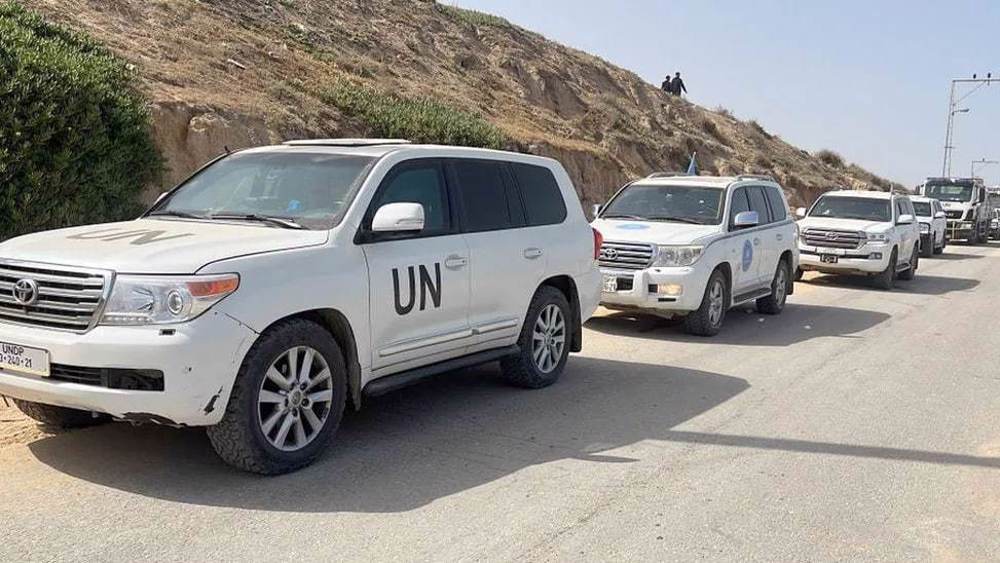
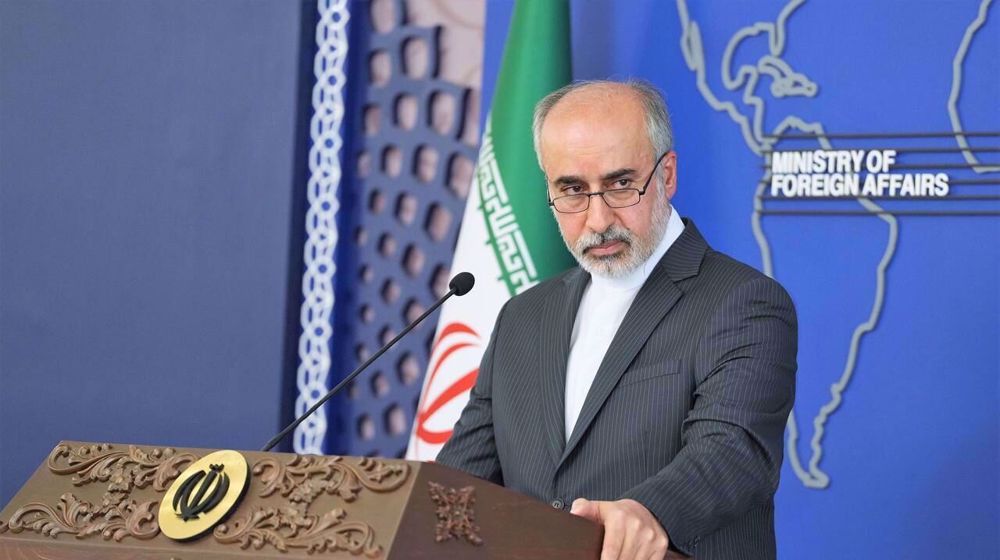
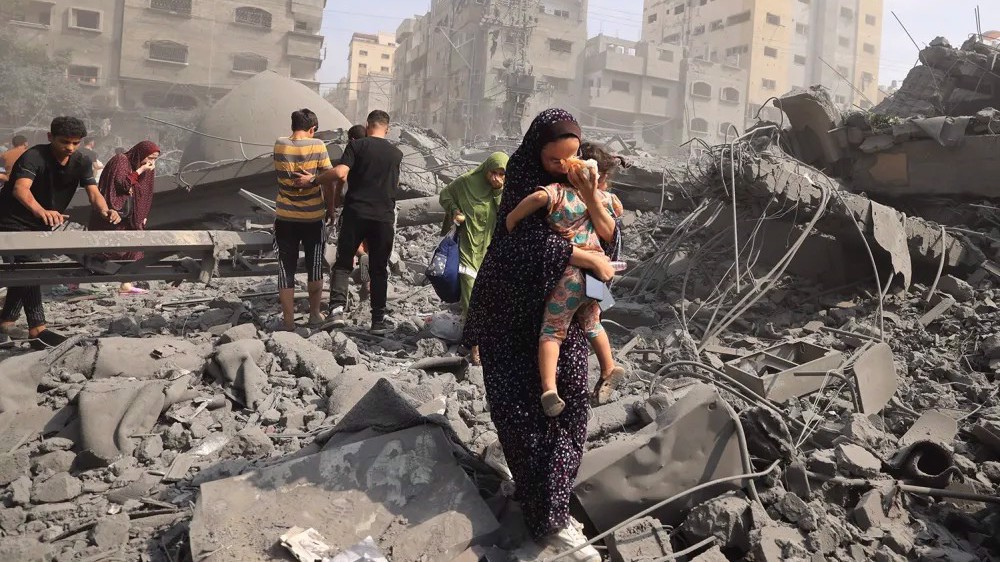
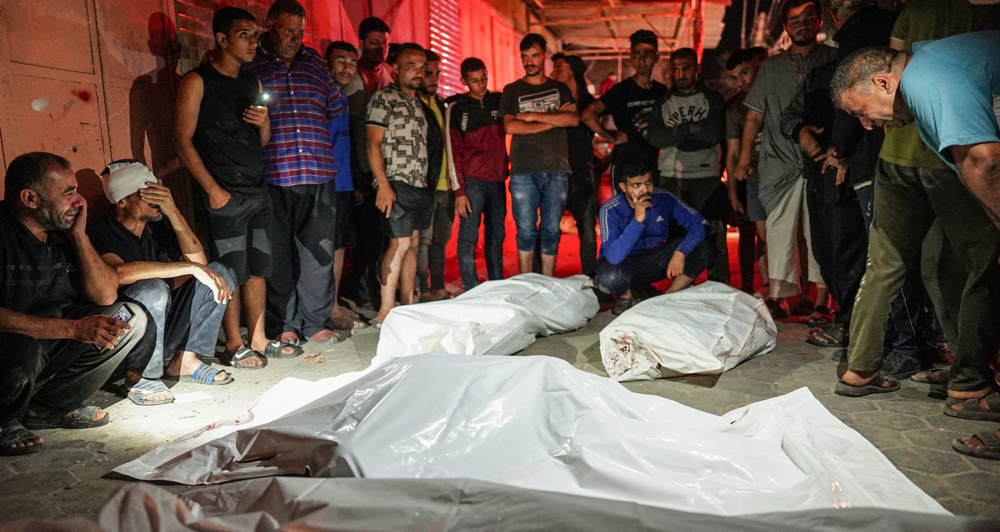
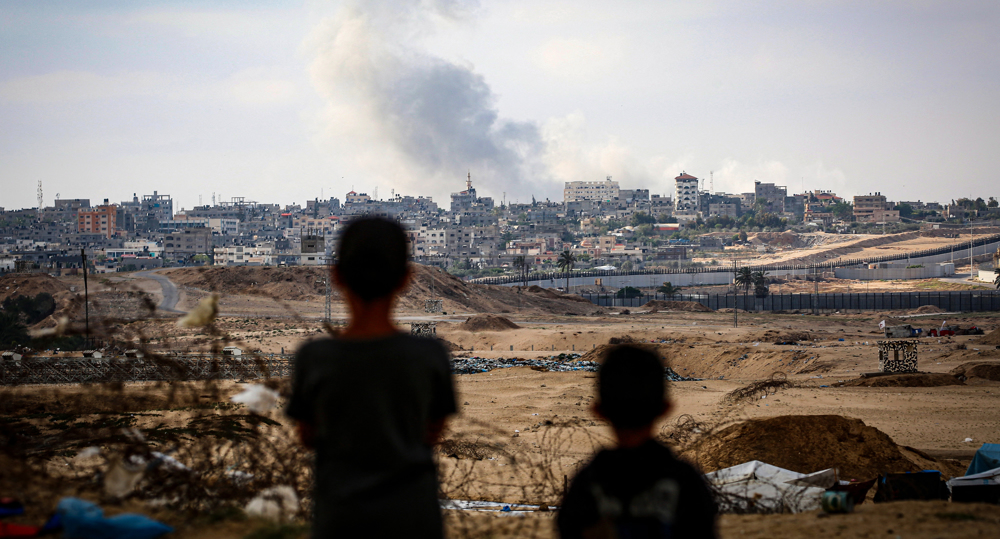
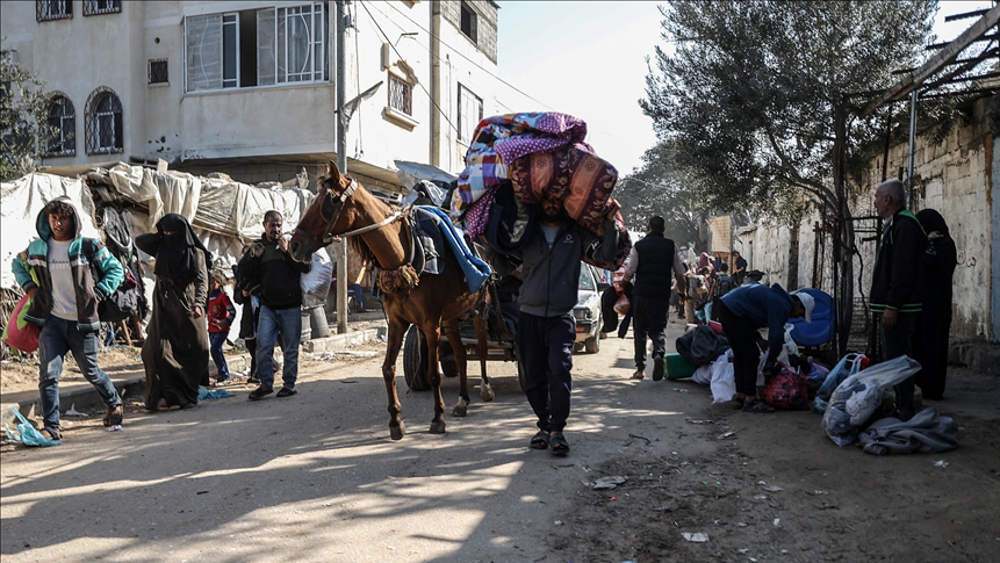

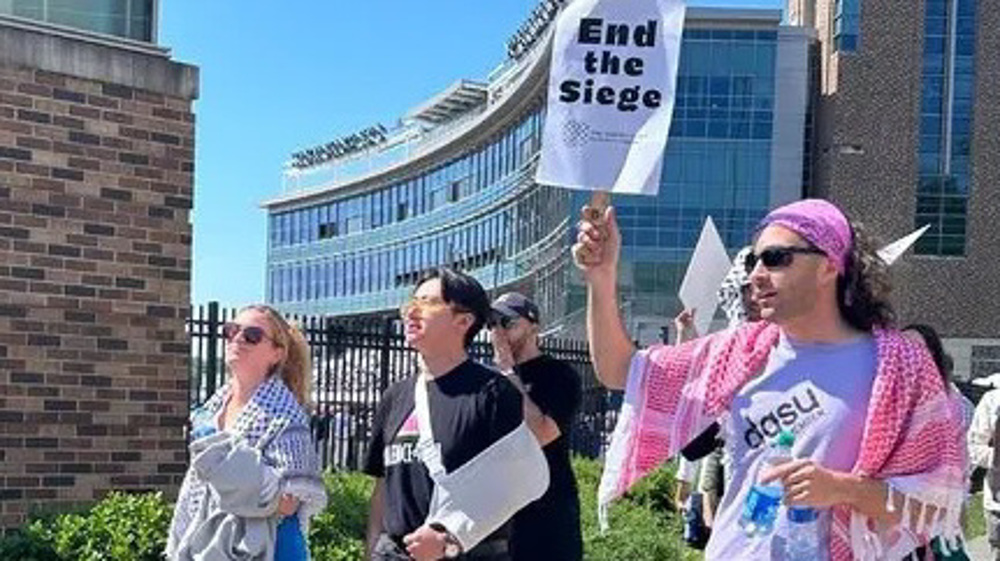
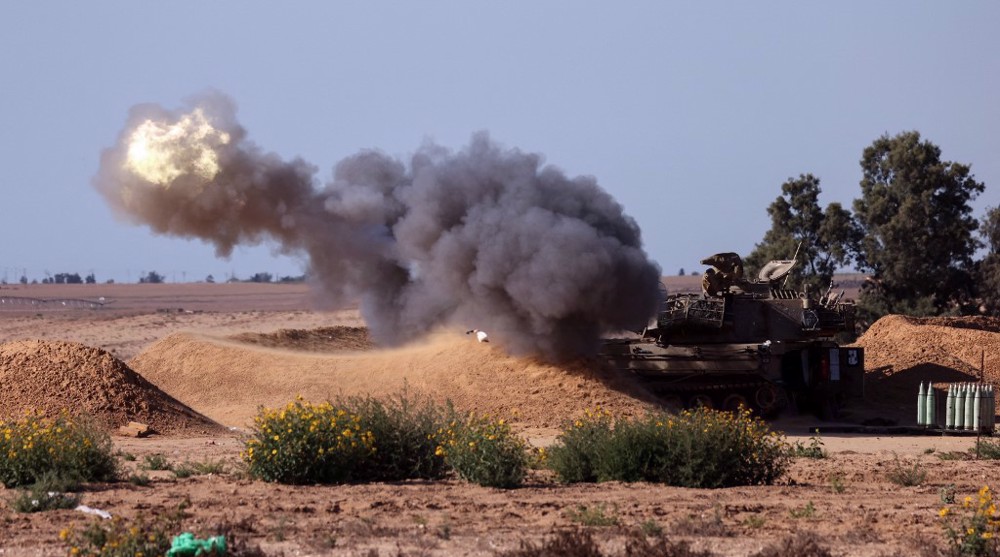

 This makes it easy to access the Press TV website
This makes it easy to access the Press TV website